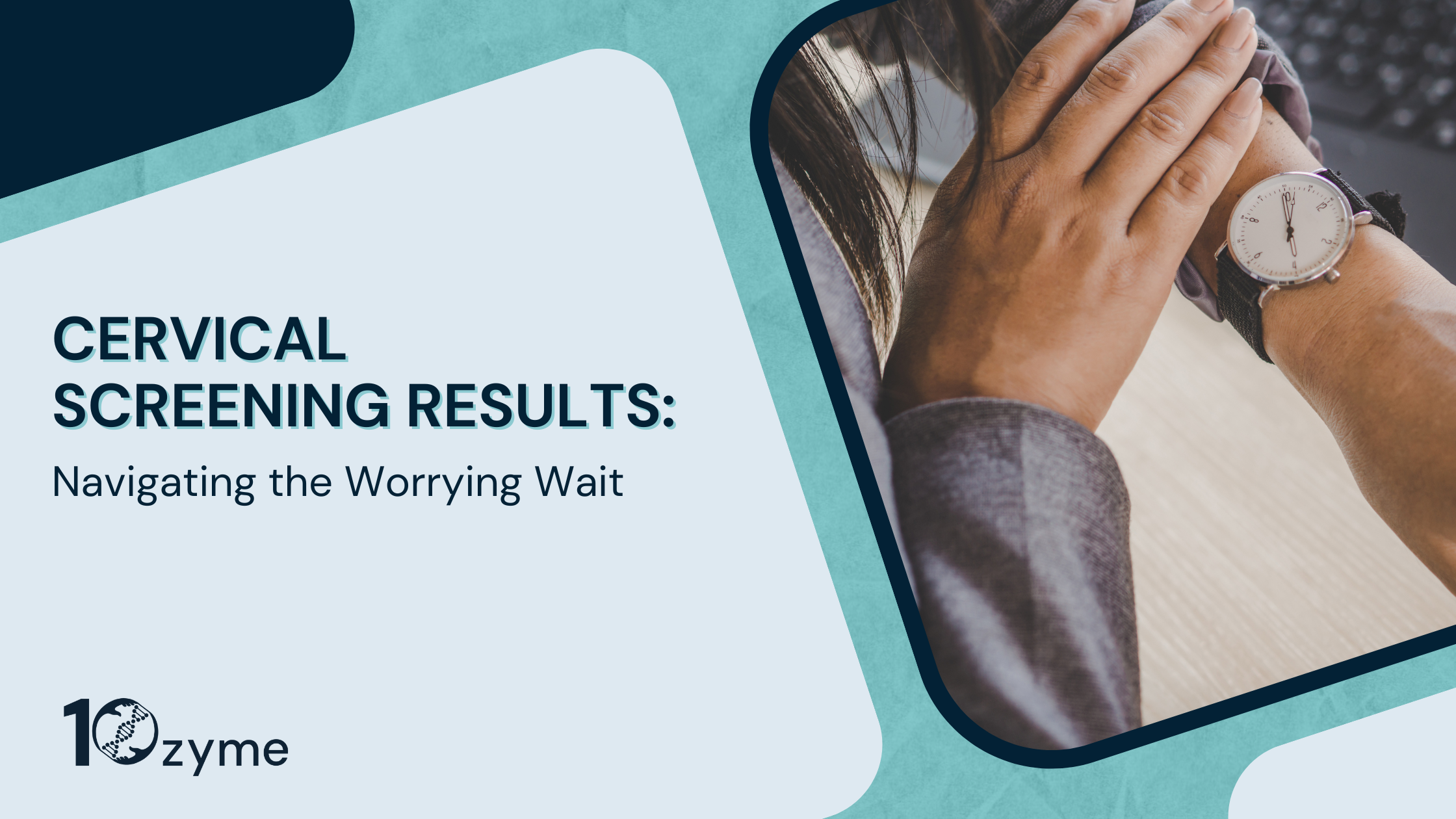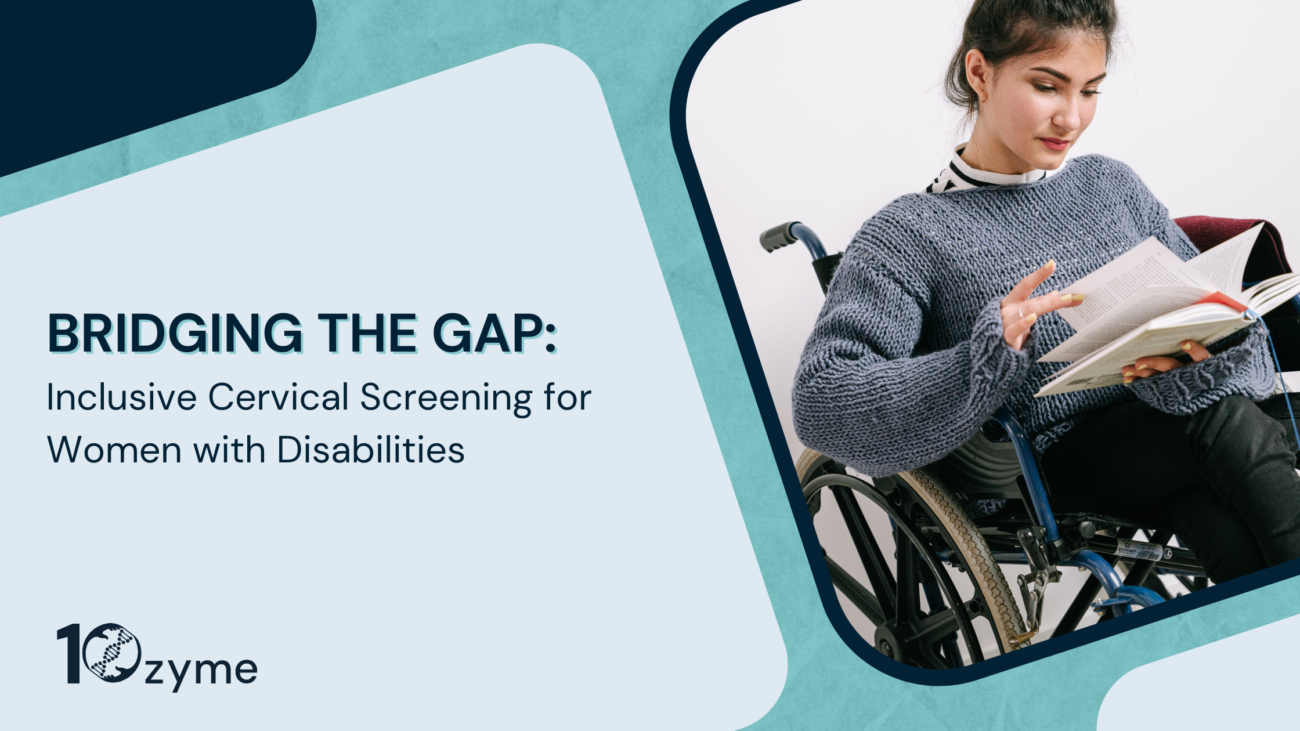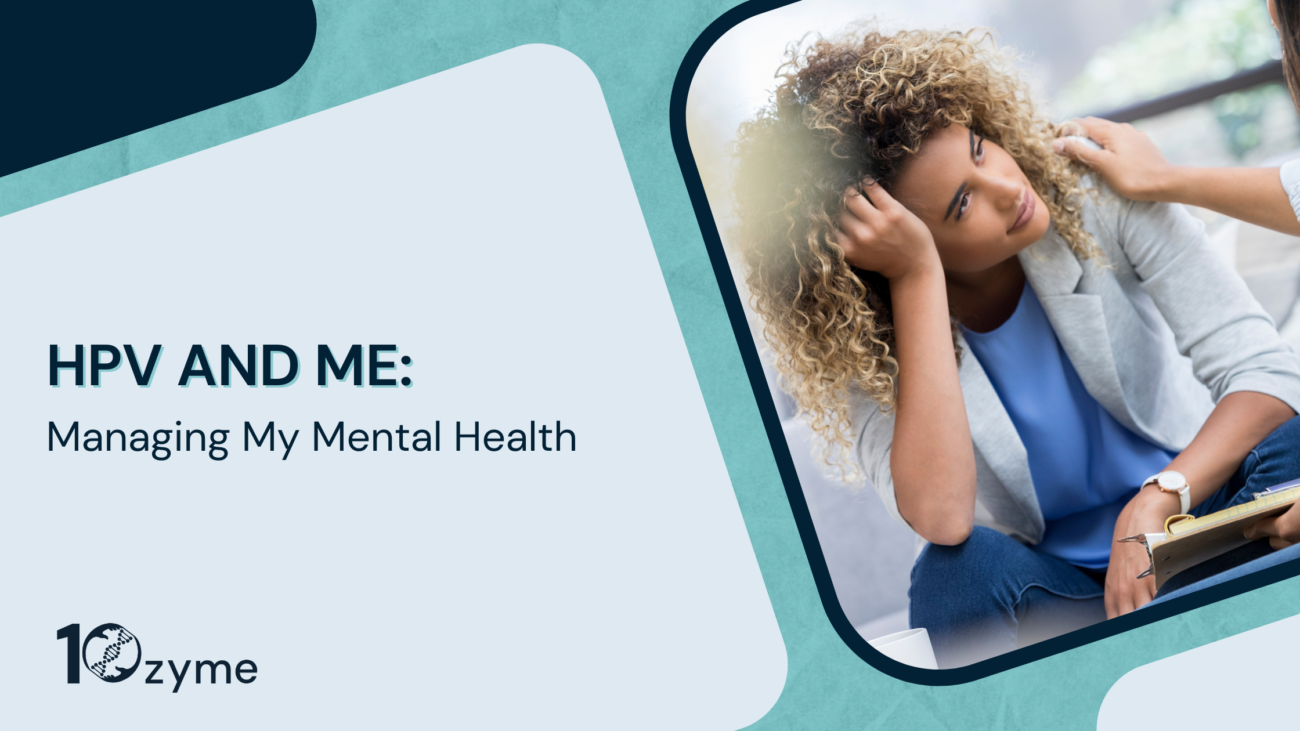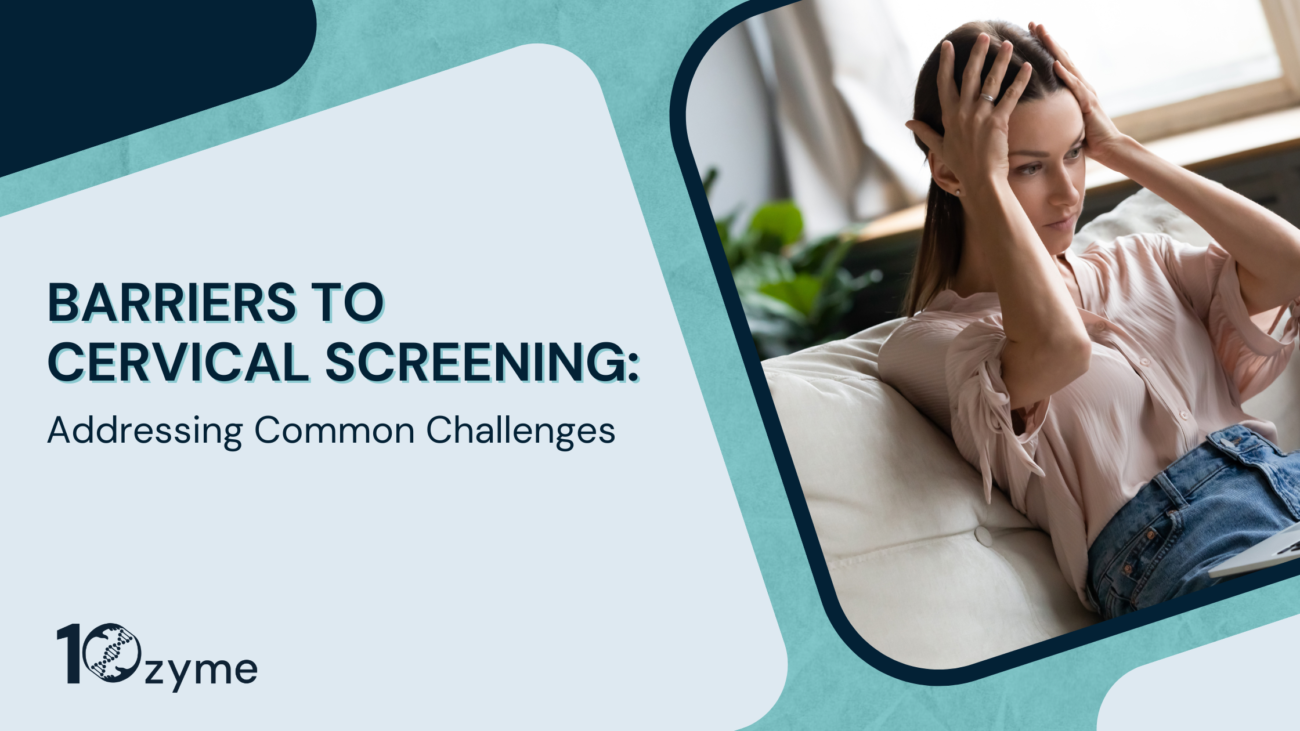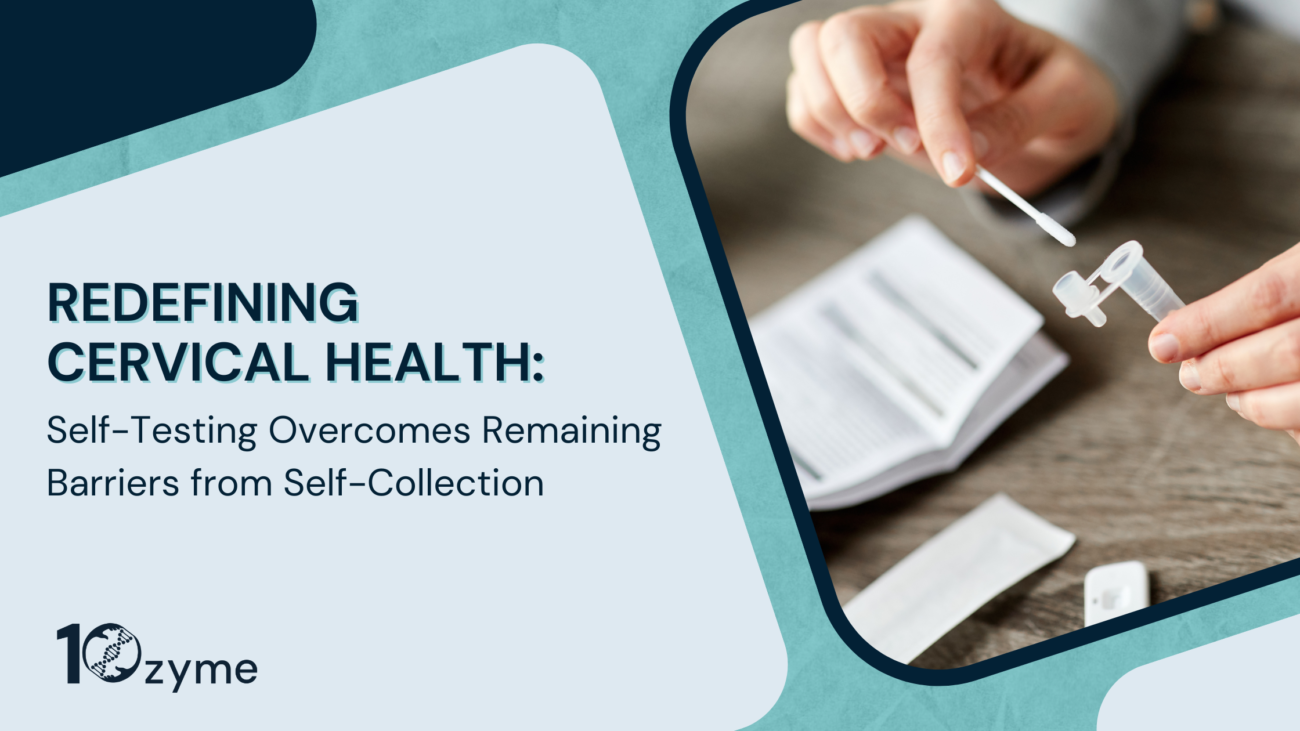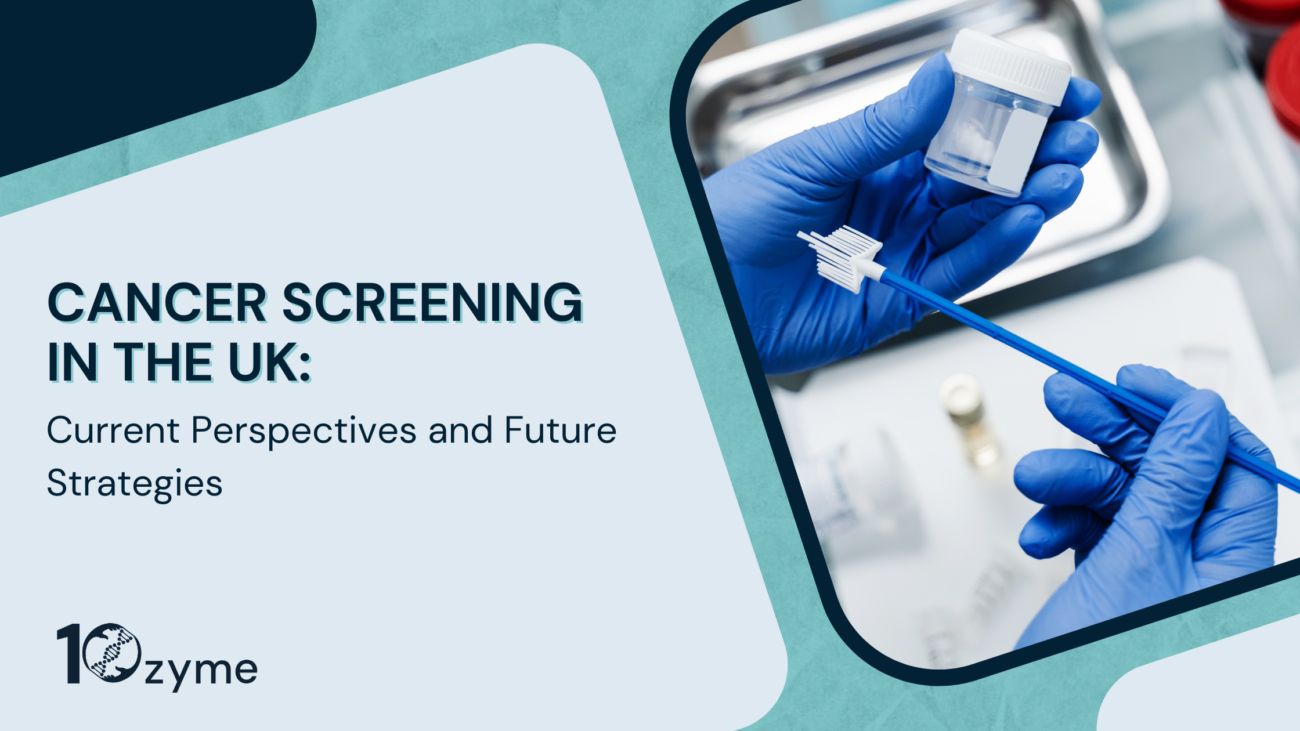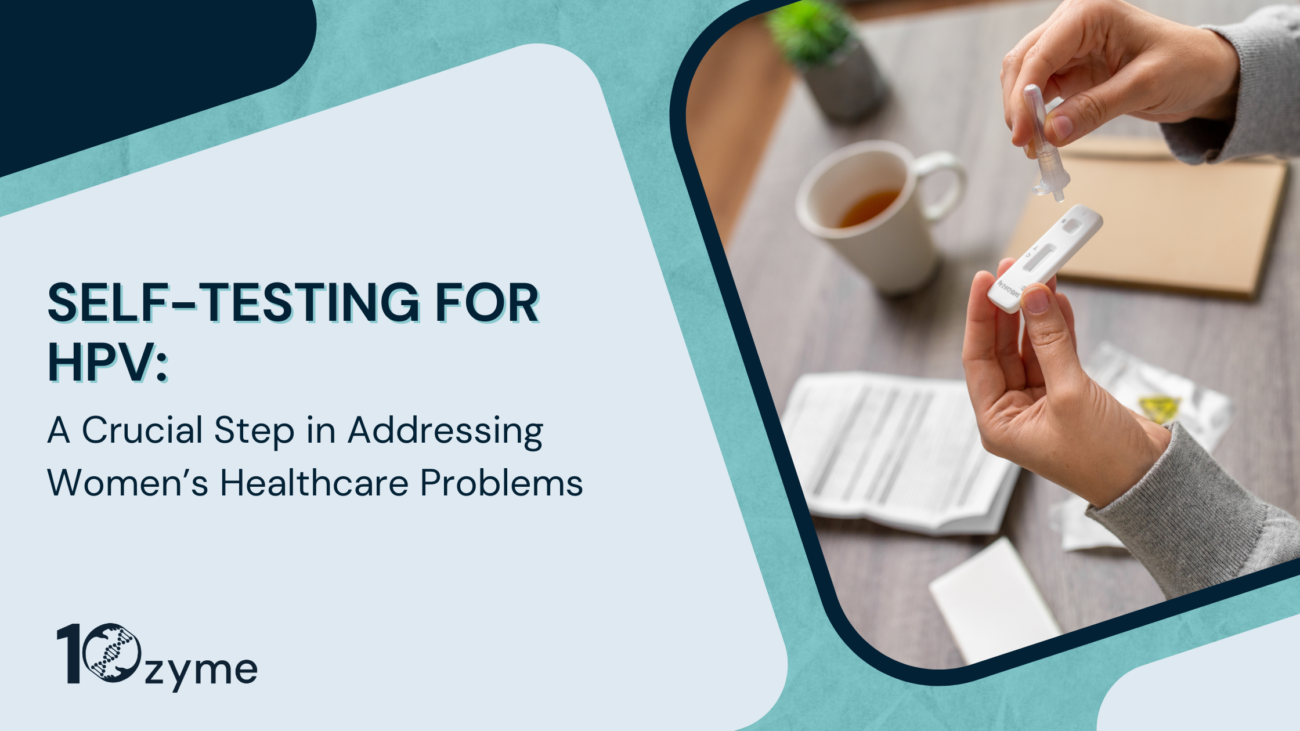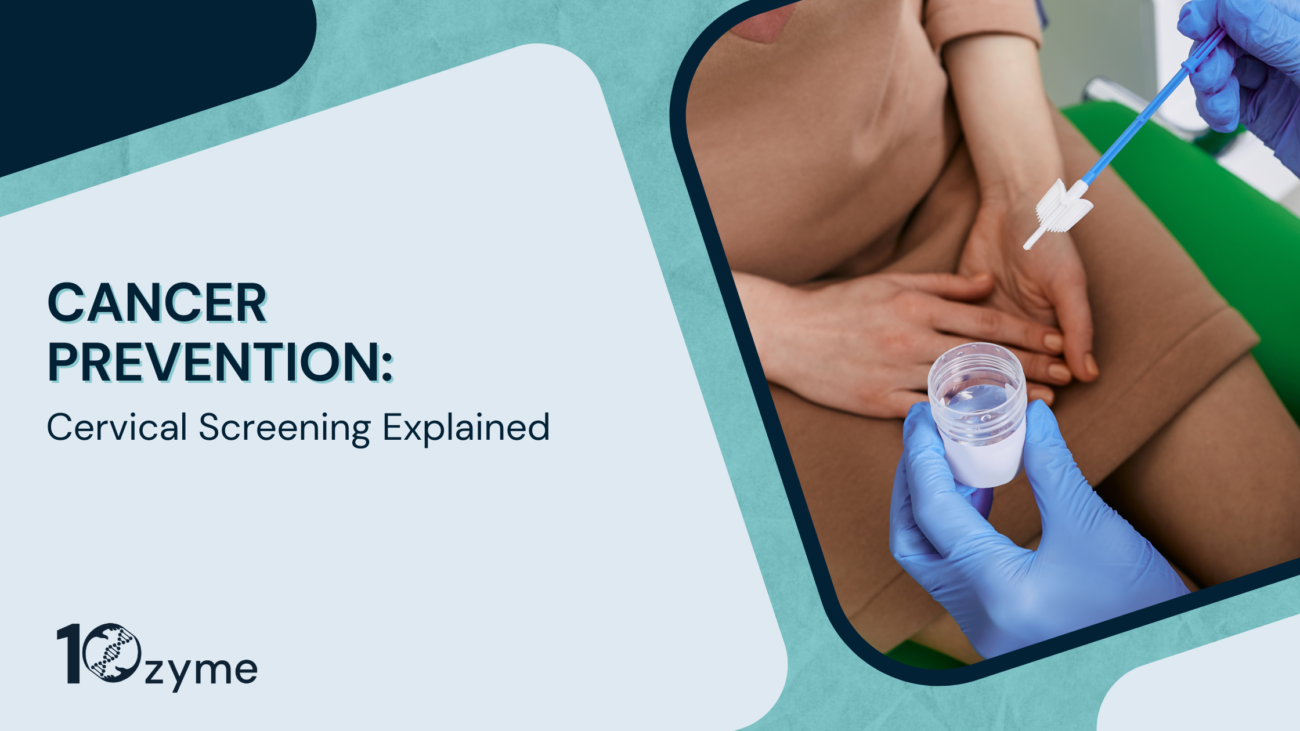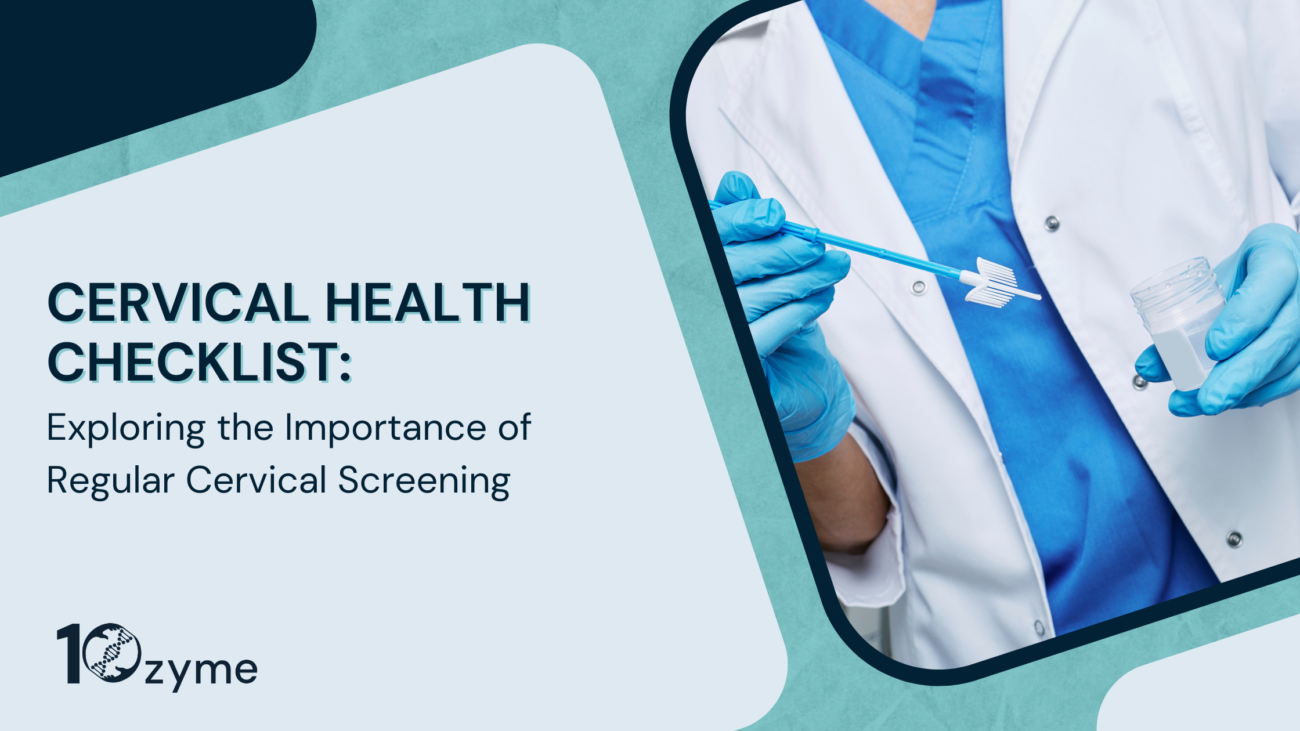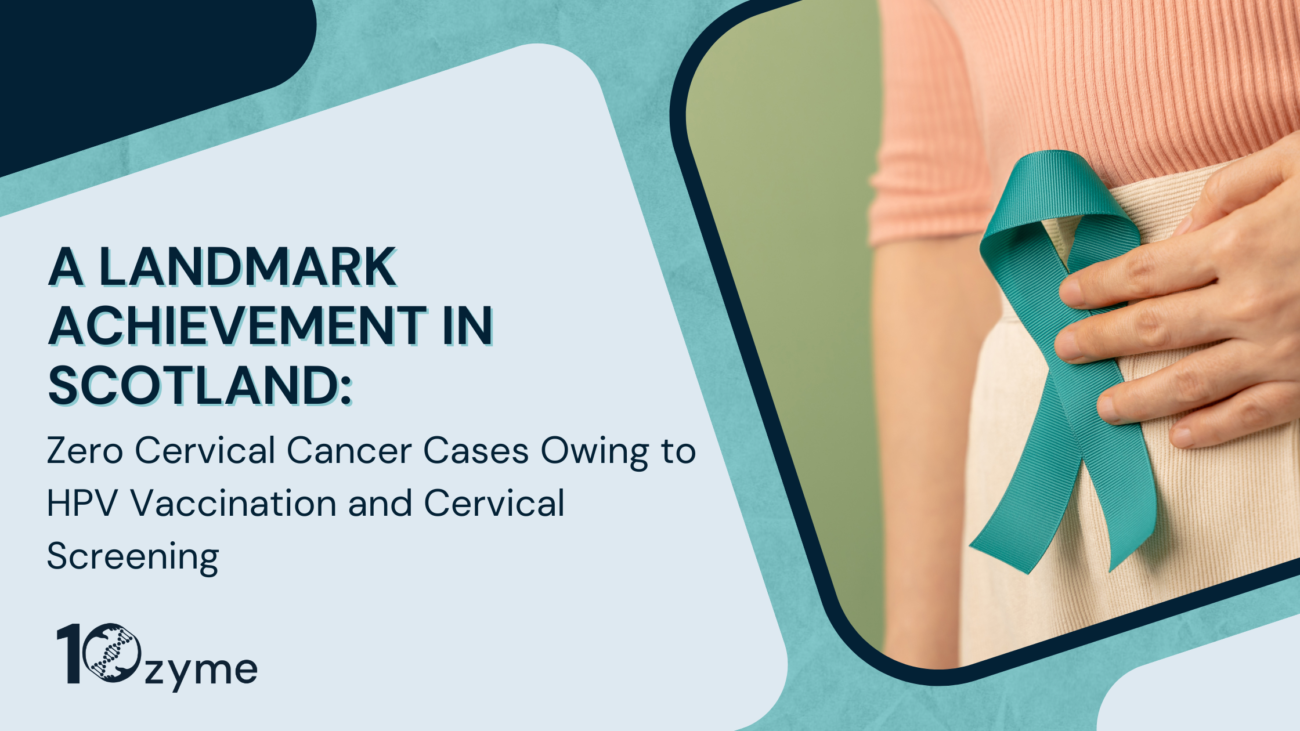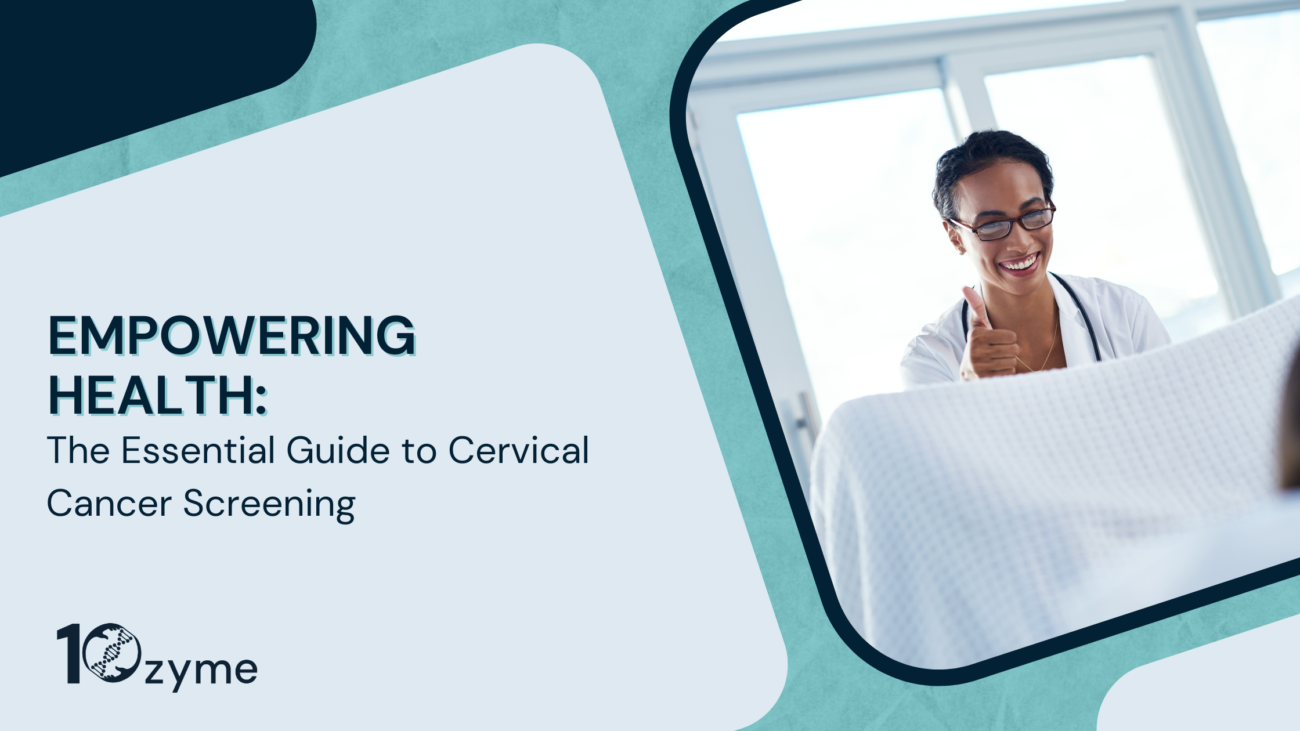Cervical Screening Results: Navigating the Worrying Wait
Written by Tomera Rodgers
Medically reviewed and edited by Dr Said Qabbaah, MBBS, MBA
Scientifically reviewed by Dr Angela Pine, BSc, MSc, PhD1
Cervical screening is a vital diagnostic test that can save lives by detecting cervical abnormalities early, allowing timely intervention to prevent cervical cancer. However, waiting for cervical screening test results can take a number of weeks, or even up to several months in some cases, causing significant emotional distress for many.1
The key question is: How can you cope during this time? What steps can you take to stay calm and maintain your wellbeing?
The long wait times for cervical screening results have become almost unbearable for many. Not a long time ago, the Southern Trust of Northern Ireland announced the need to re-evaluate approximately 17,500 smear tests.2 Unfortunately, as a result of these extended wait times, many individuals have experienced heightened levels of anxiety and severe depression.
During this waiting period, it’s natural to feel a lack of control and uncertainty about the future. It’s important to recognise that there is no right or wrong way to manage these emotions. However, as with anything in life, knowledge is power. By understanding the process and everything involved, you can maintain a sense of control and even find moments of joy during the wait.
Waiting for cancer results of any type can lead to negative psychological and physiological reactions, such as anxiety and stress. To complicate matters, many individuals face challenges related to sleep, eating, general activity, and mood swings. Uncertain, unexpected, and prolonged wait times only exacerbate these symptoms.
This is especially true for individuals awaiting health-related news or treatment, such as cervical screening results. Delays can have severe consequences, potentially leading women to avoid this vital and life-saving procedure.3 This means that delays in results may ultimately become a significant barrier to cervical screening.
In general healthcare, patients awaiting diagnosis, surgery, or treatment often experience heightened negative emotions, including anger, frustration, fear, stress, anxiety, and depression. Additionally, their self-esteem may decrease.
Unfortunately, there is limited information on how to avoid these issues and maintain mental health during the waiting period between testing and receiving results. We recognise the importance of caring for your wellbeing during times of uncertainty, so here are some tips on what you can do to help you feel more confident and in control.
Understanding the Process
Firstly, it is important to understand the purpose of the cervical screening process and why attending is a positive step toward your future protection. You’re already one step ahead!
Cervical screening is usually painless and involves a healthcare professional collecting cells from the surface of your cervix using a small brush. The sample is then sent to a lab for analysis, which typically takes about two weeks for results.
In the UK, routine cervical screenings are recommended for women and individuals assigned female at birth (AFAB) starting at age 25 and continuing until age 64, taking place every 3 to 5 years depending on age, location, and HPV status.4
Ensuring Comfort
There are several ways to feel more comfortable at your screening appointment, including the following:
-
- Having a friend present
- Requesting a doctor of a specific gender
- Scheduling an earlier appointment
- Using a smaller speculum
- Obtaining a post-menopausal prescription, such as an oestrogen cream, to enhance comfort
Prioritising Mental Wellbeing
Whenever possible, discuss the testing process, the expected timeline for results, and your preferred method of receiving information with your care team. This small degree of control can help alleviate some physical and emotional distress. Additionally, here are some ways to cope:
Acceptance and Commitment – This approach involves acknowledging anxious thoughts and then consciously shifting your attention to something enjoyable.
Practicing Mindfulness – This can be done by breaking the waiting time into manageable chunks, focusing on one day, or even one hour or minute at a time. This makes the wait more bearable.
The Art of Distraction – Focus on normal activities, such as work or household chores, to divert attention from worry, even if just for a short time.
Maintain Communication – Talking to a partner, family member, or close friend can help share the emotional burden, allowing those closest to you to feel more involved and supportive. If you find yourself in distress during this period and need someone to talk to, you can reach out to NHS mental health services for urgent assistance. Remember, you are never alone in this journey.
Seek Reliable Information – While it’s best to wait for a diagnosis before doing further research, gaining accurate knowledge about your health can help you feel more prepared and in control. However, it’s essential to ensure the information is reliable, as inaccurate details may worsen your anxiety.
Summary
Cervical screening results may take longer than expected due to the involvement of a specialised team of experts responsible for preparing and interpreting pathology tests. This collaborative effort is crucial to ensure accurate and reliable results, as it requires meticulous attention to detail.
Factors such as the need for special stains, additional tests, longer processing times for certain tissues, or the requirement for a larger sample can contribute to delays. It’s important to remember that these delays do not necessarily indicate bad news.
Therefore, try to stay as calm as possible and address each piece of information as you receive it. Instead of anticipating the presence of cervical cancer, focus on what you can control today—the here and now—and enjoy each moment as it comes.
10zyme: Advancing women’s health
We’re developing a groundbreaking self-test with instant results to detect the main cause of cervical cancer: high-risk HPV. Detecting infections early prevents cancer ever developing.
By enabling self-testing, we aim to empower women, overcome stigma and anxiety, and help eliminate a disease killing hundreds of thousands a year globally. See our Education Section to find out more.
Please follow and support us on social media: LinkedIn, Instagram, and TikTok.
References:
-
- Connolly, M.L. BBC. (2023). Six month smear test result wait ‘worrying and frustrating’. [Online]. Available at: https://www.bbc.com/news/uk-northern-ireland-66790220 (Accessed 20/09/2024)
- Connolly, M.L. and Moynagh, A. BBC. (2023). Cervical cancer: 17,500 women to have smear tests re-checked. [Online]. Available at: https://www.bbc.com/news/uk-northern-ireland-67032911 (Accessed 20/09/2024)
- Bukowska-Durawa, A. and Luszczynska, A. (2014). Cervical cancer screening and psychosocial barriers perceived by patients. A systematic review. Contemporary Oncology, 18(3):153-9. doi:10.5114/wo.2014.43158
- NHS. (2023). What is cervical screening? [Online]. Available at: https://www.nhs.uk/conditions/cervical-screening/what-is-cervical-screening/ (Accessed 20/09/2024)

